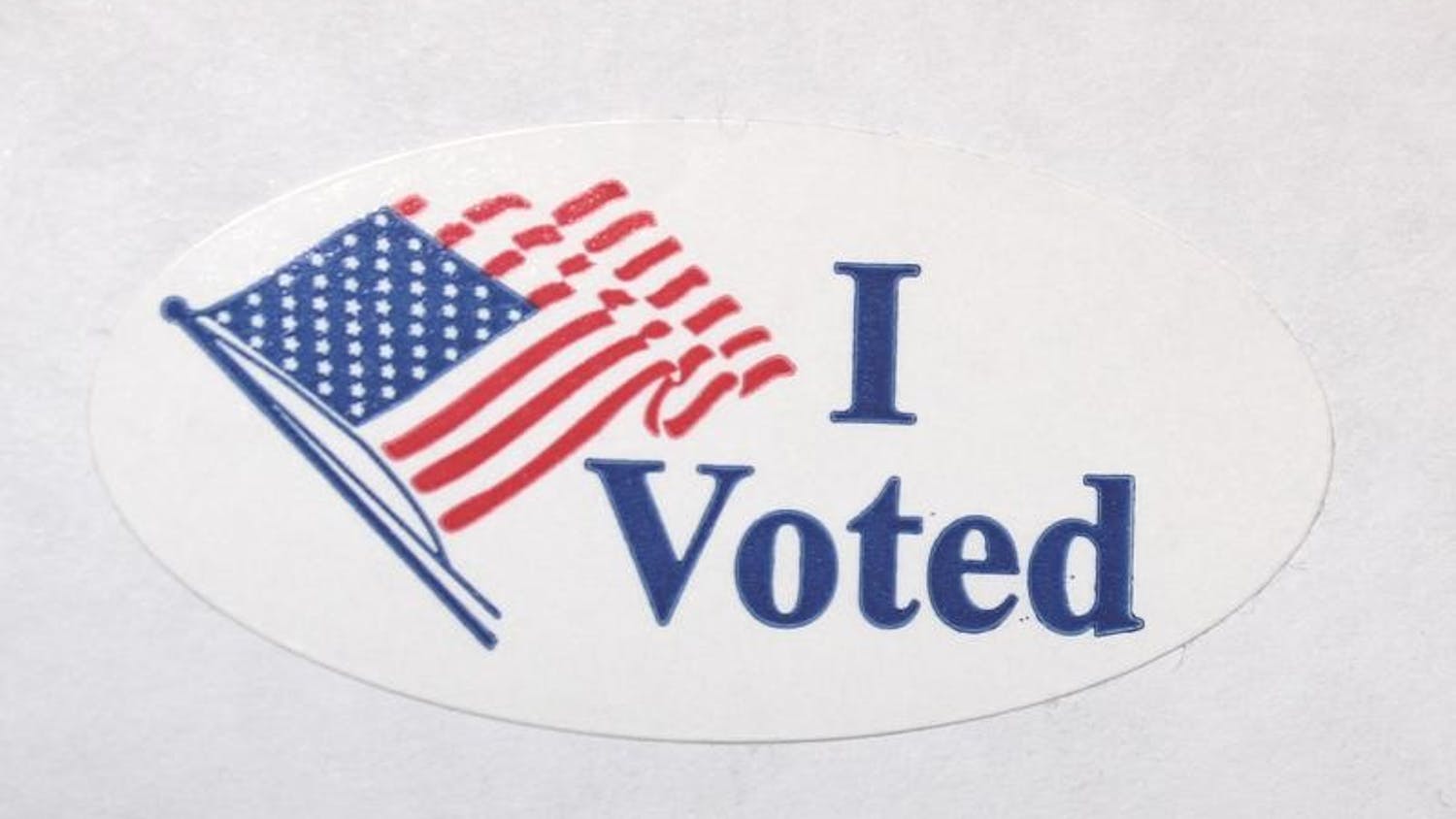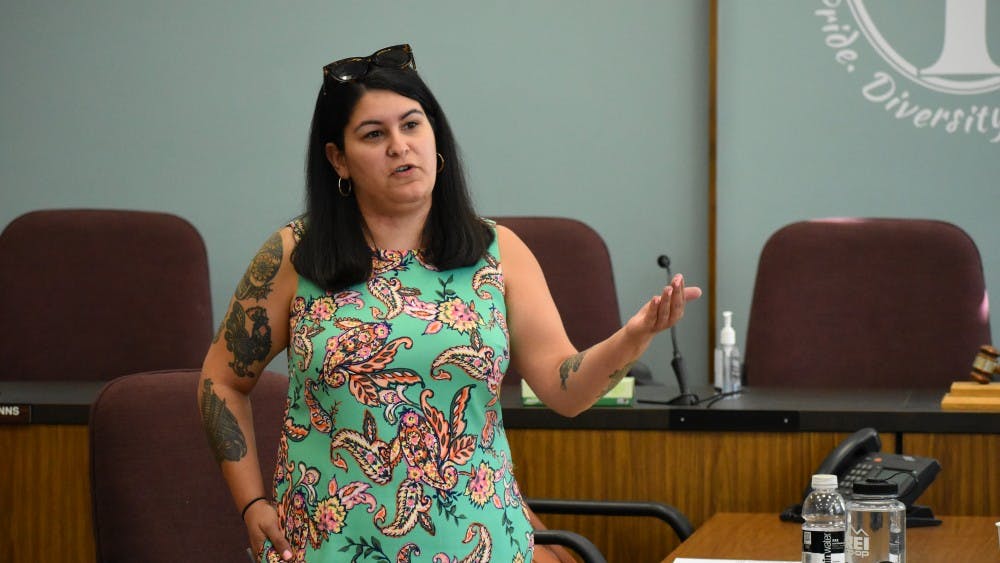The Washtenaw County Health Department announced plans to expand COVID-19 testing in the 48197 and 48198 areas of Ypsilanti.
With support from the Saint Joseph Mercy Health System and partnerships with Ypsilanti Township and the Community Family Life Center in the Sugarbrook Neighborhood, the WCHD will place two pop-up testing sites in the 48197 and 48198 area of Ypsilanti.
On Saturday, May 9, pop-up testing will occur from 9 a.m. to 5 p.m. at the Ypsilanti Township Community Center, 2025 E. Clark Rd. On Saturday, May 16, pop-up testing will occur at the Community Family Life Center (CFLC), 1375 S. Harris Rd. from 9 a.m. to 5 p.m.
Nearly half of all COVID-19 cases are from the 48197 and 48198 area of Ypsilanti with 29% of Washtenaw County’s population living in this area.
Ongoing testing will be conducted Monday through Thursday from 9 a.m. to 5 p.m having begun May 7 at Perry Early Learning Center, 550 Perry Street. Curbside testing is available daily at the north entrance of St. Joseph Mercy Ann Arbor hospital, 5301 McAuley Drive.
"This health crisis has shone an even brighter light on the health inequities in our Ypsilanti community," Alonzo Lewis, president, St. Joseph Mercy Ann Arbor and Livingston hospitals said in a statement. "In listening to our community and reflecting on the data the health department is charting on who was most at risk of getting COVID, we recognized that those coming to our Ann Arbor hospital site did not mirror those hardest hit by this pandemic. Through close collaboration with the health department, we have been able to bring our trained staff and testing supplies to areas most in need in the community as identified by the health department."
According to the WCHD, the 48197 and 48198 area of Ypsilanti has been disproportionately affected by COVID-19.
“We know viruses do not discriminate based on location, race, ethnicity, or national origin,” said Jimena Loveluck, MSW, Health Officer with the Washtenaw County Health Department in a statement on April 2. “However, viruses like COVID-19 can highlight health disparities that are deeply rooted in our society.”
Call 1-833-247-1258 if you have any questions.









